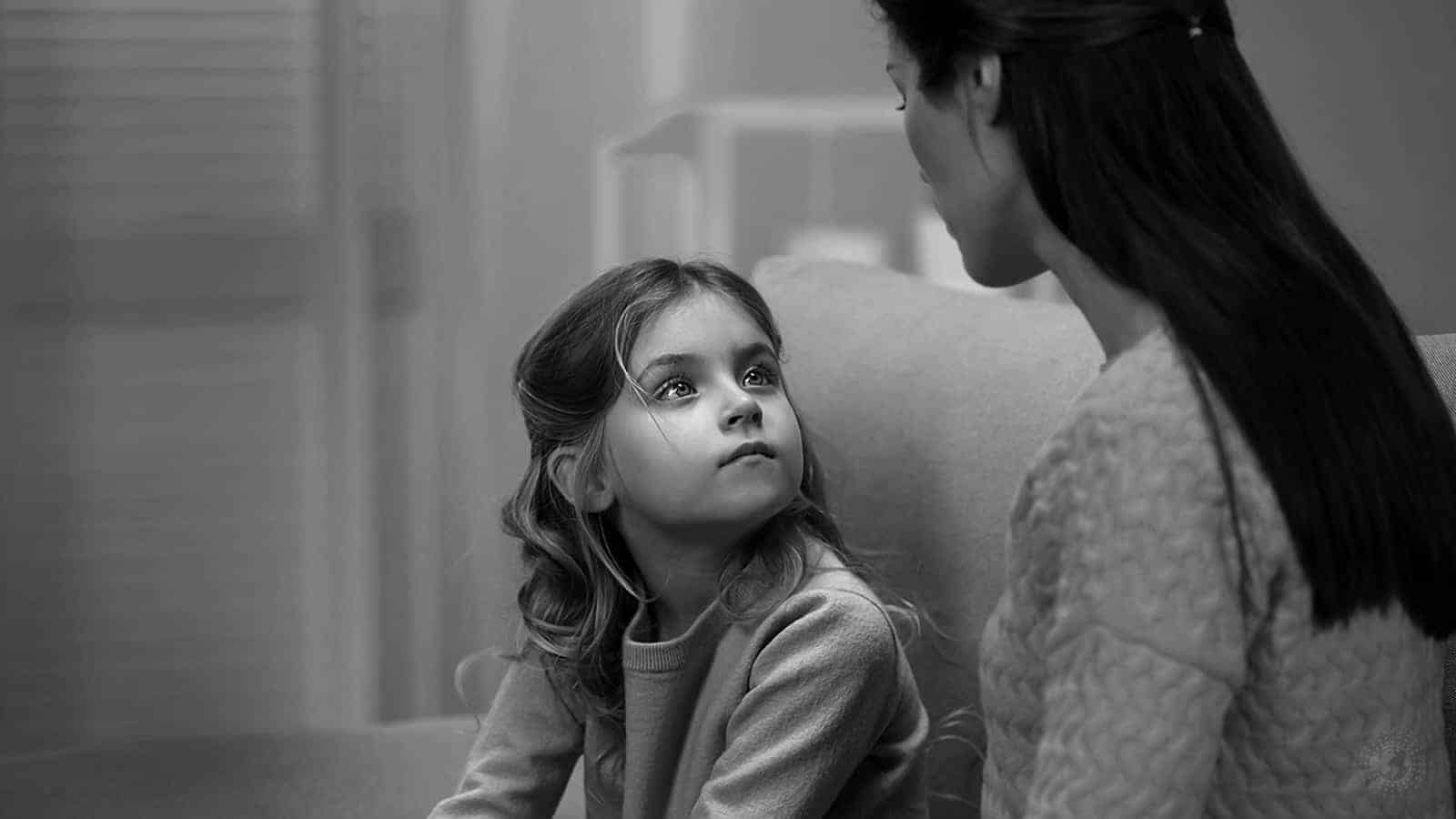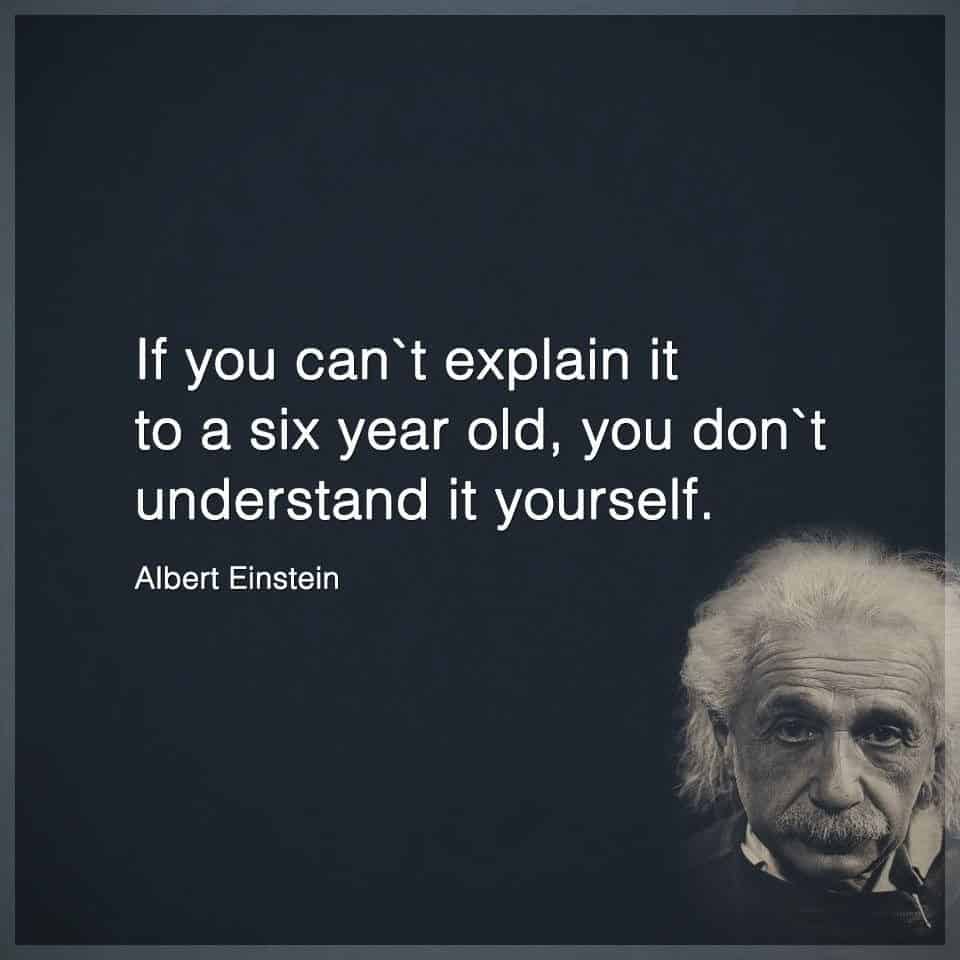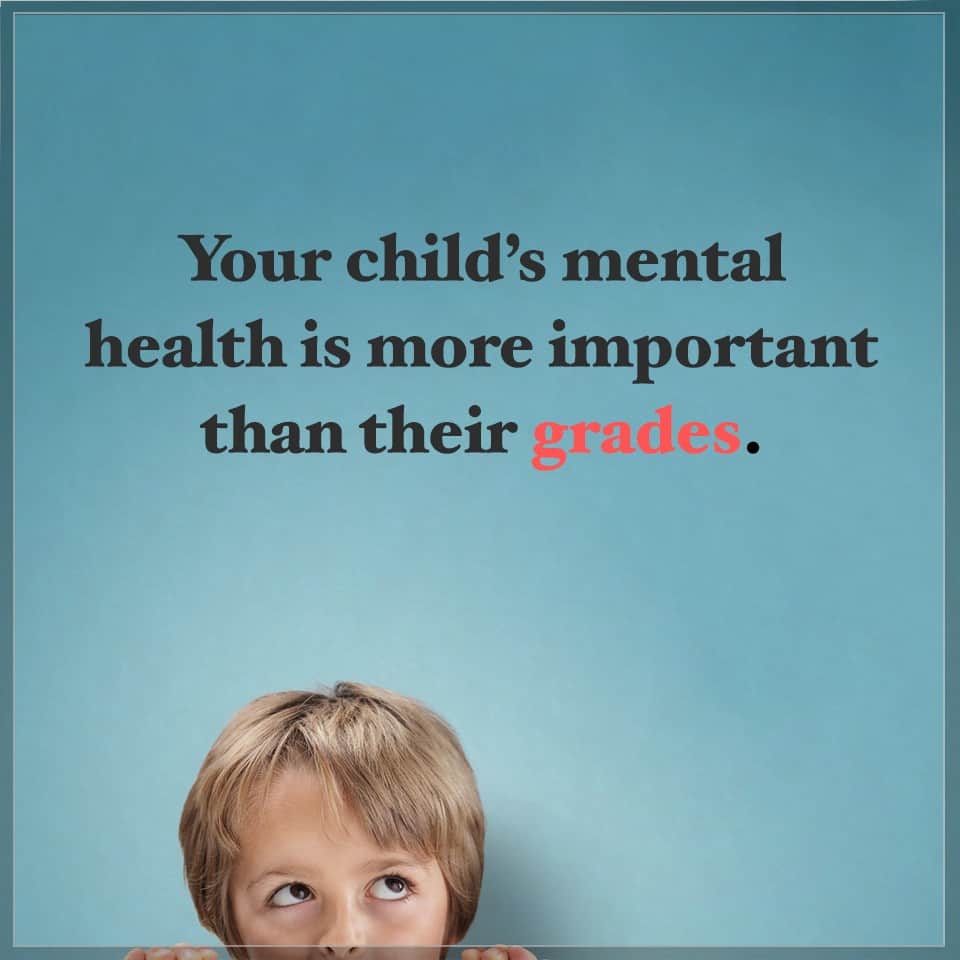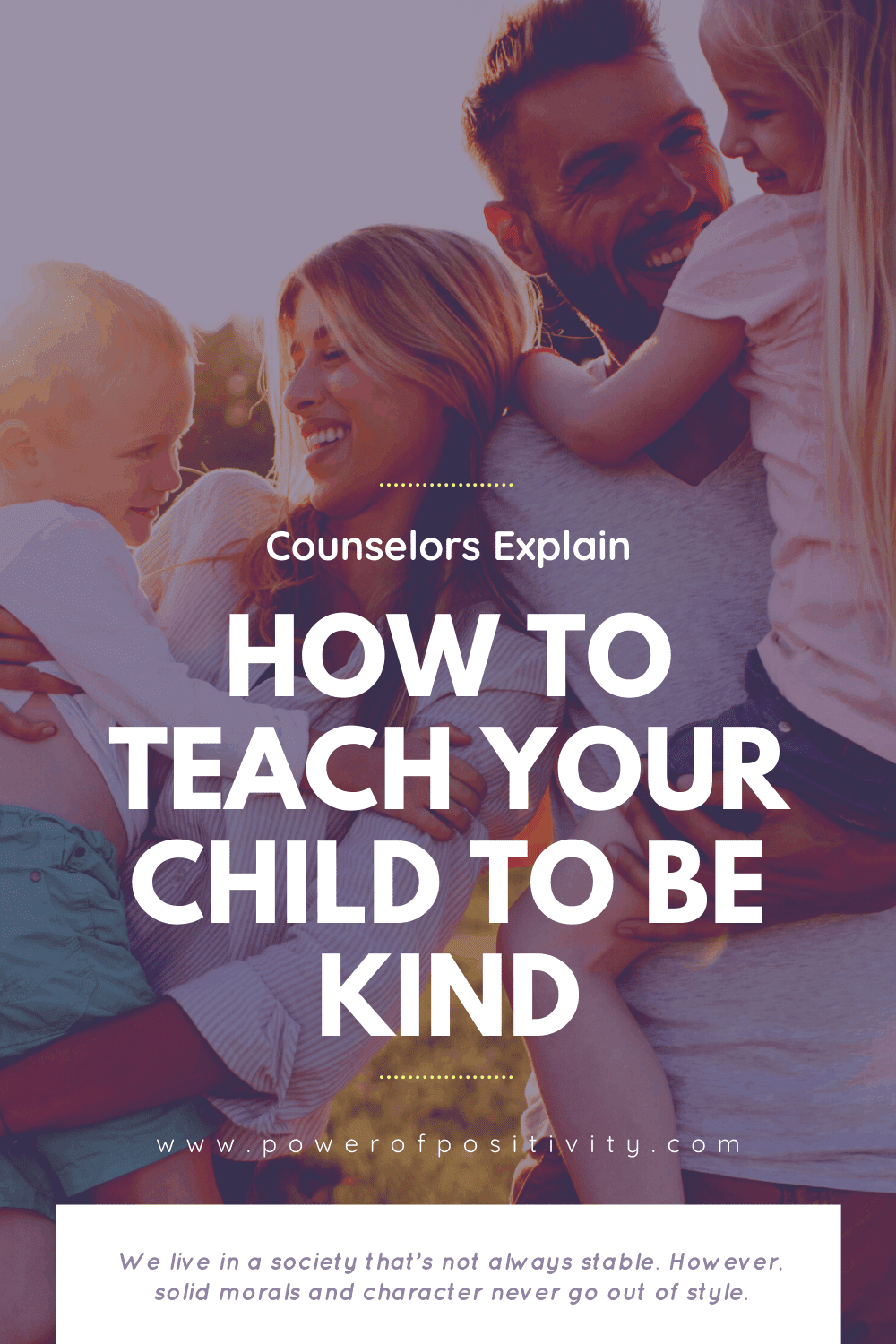When your children grow up, what are the most important traits you hope you’ve instilled in them? School teachers will often review a list of your children’s strengths and weaknesses at parent-teacher conferences. One of the many attributes you hope to hear is that your kids are kind.
Unfortunately, parents don’t get a “how-to manual” when their children are born. How do you teach your little one’s virtues like how to be kind, patient, or loyal? Are these qualities innate in children, or must parents plant a seed and cultivate them?
Teaching Begins at the Cradle
If you want to teach your children how to be kind and loving, you must start from birth. It may be hard to believe, but even babies learn lessons about positive and negative behavior. It’s at this age when they are most impressionable.
It’s an enormous responsibility to be your children’s primary teacher of morality and character. However, even parents can only go so far. Your children will grow up and be responsible for using the lessons you taught them at some point.Every parent wants their children to grow up to be good people. However, kids are still individuals with their own will, and mistakes will happen. Just because your children make the occasional poor decision doesn’t mean you’re a failure as a parent.
Teaching morality is a learning curve for parents and children. One method of teaching won’t work for every child. The important thing is to be consistent and let your actions be congruent with your words.
We live in a society that’s not always stable. However, solid morals and character never go out of style. Here are some ways you can teach your children how to be kind.
• Be a Good Example
Have you ever heard the old saying that you must practice what you preach? The best way to teach your kids how to be kind is to be their example. Babies learn about the world around them by watching their parents.
When you’re tempted to fly off the handle, remember that little eyes are watching you. If they see their parents being hateful and vindictive, they’ll assume it’s the right way to act. An unkind parent can hardly expect to raise children who are thoughtful and kind.
Let your children see your kindness in word and deed. As their first role models, they will mirror you and will learn how to be kind. They will imitate your actions long before they understand your explanations.
• Good Manners Cultivate Kindness
No matter what you hear, many young people say, politeness is always in vogue. Physical attraction may get someone’s attention, but it’s the kind heart that keeps it. As a parent, you’ll never regret teaching your kids good manners and how to treat others.
Again, you are their role model, and proper manners begin in the home. You can’t expect your children to say “please” and “thank you” if you don’t do it yourself. When people see children, who are respectful and have good manners, it will always reflect well on you.
Be consistent with manners in your home and teach the basics of “please,” “thank you,” and “you’re welcome.” You may need to offer gentle reminders when your kids forget. When little ones say kind words, praise them, so it becomes a habit.
• Catch Them in Good Behavior
Kids will be kids, and you’ll always catch them doing something they shouldn’t. It’s part of learning and growing. When you notice your children doing something wrong, you call attention to it and correct the actions.
Conversely, it would help if you also tried to catch your children displaying good behavior. As you teach them how to share, wait their turn, and be kind, you’ll have many opportunities. When you see your children acting appropriately, let them know that you noticed it.
Children crave approval from their parents. When you praise your children for good behavior, they are more apt to repeat their actions. Be sure that you acknowledge good behavior as much or if not more than malicious actions.
• Create “What If” Scenarios
Teaching children morals must be done on a level they can understand. You would explain a moral dilemma differently to a teen than you would a young child. Try to use words that are easy to understand and support them with age-appropriate examples.
One efficient way to teach your children how to be loving and kind is by creating different scenarios. It puts the children in the other person’s shoes, and they learn to be empathetic. For younger children, “what if” scenarios are best to use as soon as you see behavior that needs correcting.
Start your scenarios with “what if” or “how do you think” to get your children to relate. “What if somebody said that to you?” or “How do you think the kitty felt when you pulled her tail?” Your lessons about kindness must be extended to pets and other animals.
Give your children a chance to think about what you ask and see how they respond. If they say something like, “I would feel terrible,” or “I’d be hurt,” you’re on the right track. Once they’ve understood why it’s wrong, ask them what they should have done instead.
• Provide Opportunities to Practice Kindness
Children aren’t born with morals or character. Since practice makes progress, give your kids opportunities to use their lessons about how to be kind. They can show kindness at home as well as in the community.
Talk to your kids about the importance of giving others your time and resources. Do you volunteer in a civic or religious organization? Many of these organizations invite volunteers to bring their age-appropriate children to help. Let your children recognize the uplifting feeling of giving to others who are in need.
• Own Up to Your Mistakes
When children are little, they often view their parents as superheroes who are faultless. As they get older, they will realize that you are a human who has shortcomings and makes mistakes. Never be too big of a person to apologize to your children if you’ve done something wrong or have accidentally hurt their feelings.
You do your children an excellent service when you show them how to own up to mistakes. They were probably listening when you shouted a few choice words at a person who cut you off in traffic. The improper hand gesture didn’t win you any parent of the year award, either.
When kind people do or say something wrong, they apologize and make amends. Don’t teach your children to shift blame to somebody else. When you make a mistake, admit it, and your children will respect you more.
• Who Is Influencing Your Child?
Not only are you an influence on your children, but so is the world around them. Do you notice what they watch on TV, online, or in video games? Kids are profoundly affected by technology and the things they see and hear in the media.
Are their favorite shows and video games fun and uplifting, or are they full of crudeness and violence? Even many of today’s cartoons aren’t fit for children to watch. Plus, too much time on technology limits your children from real social interaction.
Do you know who your children are hanging out with at school? If you notice rude behavior from your children that was usually not there, chances are they have an outside influence. Encourage your kids to be friends with other kids who are kind and respectful.
• Kindness in Storytime
What little children don’t like a good story? Most fairy tales and other classic children’s stories are entertaining and usually teach lessons about morality. They learn from some of their favorite storybook characters that being kind is the right thing to do.
Unfortunately, good doesn’t always triumph over evil immediately in the real world. However, there is great power in love and kindness that help people cope. It starts with learning as a child how to treat other people.
• Practice Kind Conversation
Remember how your parents always told you that if you had nothing nice to say, don’t say anything at all? It’s valuable advice when it comes to kind conversation. Avoid engaging in gossip and other unkind topics when your children are listening.
If your children hear you talking unkindly about others, they will assume it’s the normal thing to do. How do your children speak to each other? While it’s a given that siblings will tease each other and have a bit of rivalry, create boundaries for them.
Let your children know that you won’t tolerate hate speech or calling names. Instead, teach them how to get along as peacefully as possible. If they do have the occasional dispute, show them the thoughtful way to work it out.
Final Thoughts About Raising a Kind Child
Your most significant task and reward as a parent is to raise children who know how to be loving and kind. Even in the best families, children often need re-directed to the right path. When they are grown, they’ll remember your lessons to teach to their offspring.




















